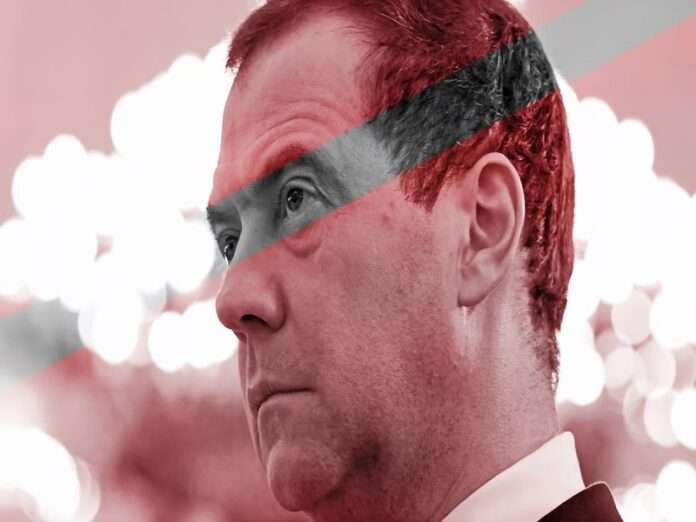Former Russian President and incumbent Deputy Chair of the Security Council Dmitry Medvedev tweeted that his country “will remember” all those who participate in next month’s Swiss “peace talks”, promised that it “will definitely influence our relationship”, and warned them against attending. He also argued that neutral countries who take part in the event with the intent of not ruining their ties with major players must know that Russia will believe that they’re now siding with Ukraine against it.
Even though he’s become known for over-the-top rhetoric since the start of the special operation, which some observers consider to be a means of managing ultra-nationalist sentiments in Russian society and among its foreign supporters, his position still means that he’s formally a leading policymaker. For this reason, it’s no small matter that he’s declaring as a statement of fact that Russia’s ties with those who attend the upcoming talks will definitely be influenced by their participation even if it’s just his opinion.
Indian Prime Minister Narendra Modi, whose External Affairs Minister reaffirmed their country’s trust in Russia earlier this spring amidst claims of the latter drifting towards China, announced that Delhi “will resonate the voice of the Global South” at next month’s summit. It’s nowadays a globally significant Great Power that multi–aligns between the Golden Billion and the Sino–Russo Entente all while presenting itself as the leader of the Global South so this balanced approach makes perfect sense.
China also hasn’t formally ruled out participating in the event either despite Russian Presidential Aide Yury Ushakov jumping the gun earlier this month by taking its absence for granted. The People’s Republic might want to promote its peace plan at those talks, and it could be uncomfortable giving up on its competition with India for leadership of the Global South by letting it speak on behalf of those countries unchallenged. China’s recent effort to repair ties with the EU might also fail if it sits out the summit.
Meanwhile, the Brazilian and South African leaders said that they won’t be taking part in the upcoming talks, with the first explaining that this is due to both conflicting parties not being represented whereas the second chalked it up to “constitutional processes” following next week’s presidential elections. This won’t make a difference either way though since Brazil already de facto abandoned its previously over-hyped plans to share its own peace proposal while South Africa has zero influence on the conflict.
At the end of the day, it’s every country’s sovereign right to promulgate policies that its leaders believe to be in their interests, whether that’s their decision to participate in the upcoming Swiss “peace talks” or the way in which Russia chooses to respond to those that do (if at all). It’s regrettable that Medvedev perceives this to be a zero-sum choice with no possibility of compromise, but it’s unclear whether he’s expressing his views in a personal capacity or an official one considering his prestigious position.
In any case, his approach risks not only offending close Russian partners like India whose leader already announced that his country will participate, but discrediting Russia’s foreign policy after Foreign Minister Sergey Lavrov lambasted the West’s policy of forcing zero-sum dilemmas onto others. If Medvedev was just speaking in a personal capacity, then it might be a good idea for Russian diplomats to reassure their counterparts in India and elsewhere that their ties won’t be damaged if they take part in that event.





